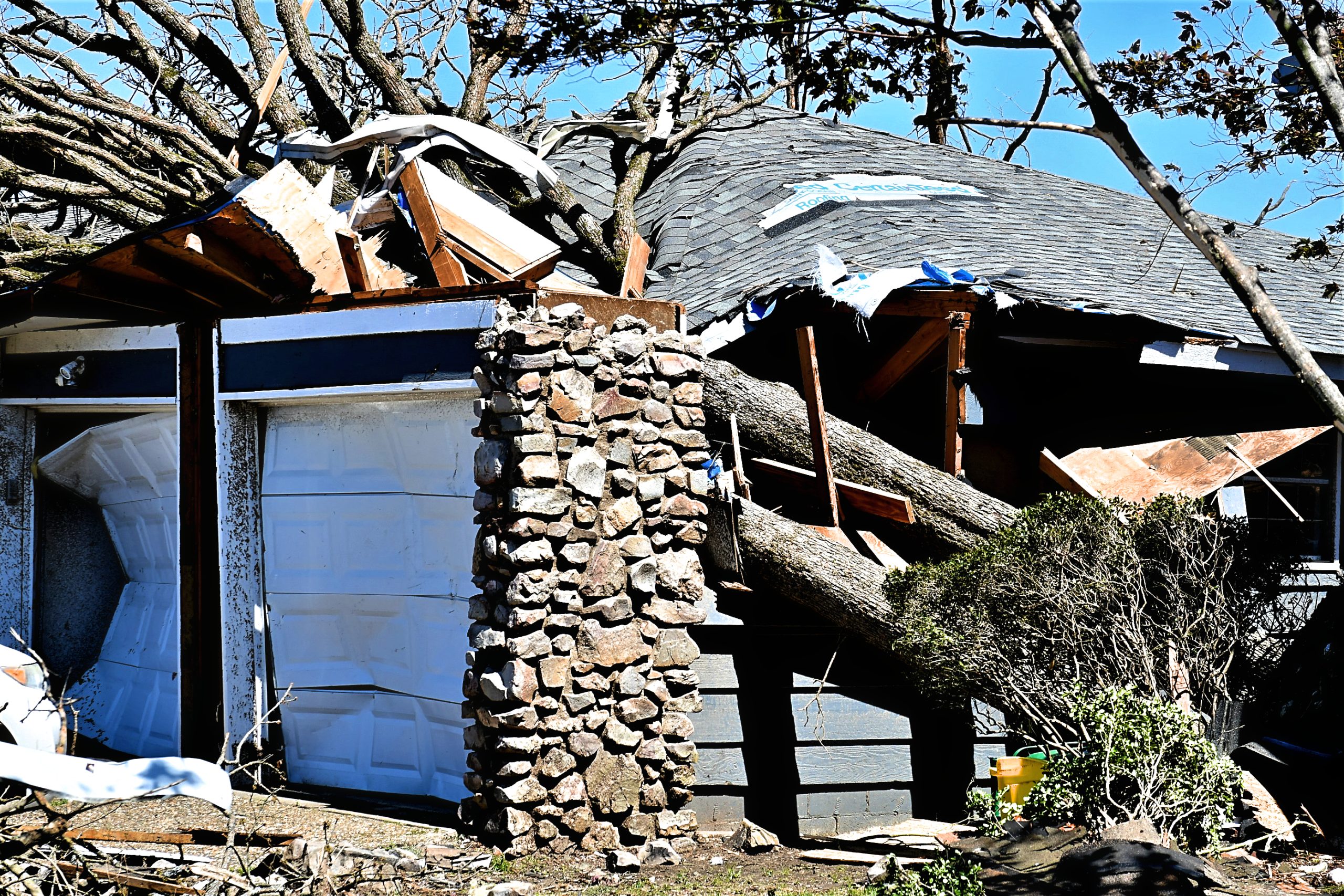Impact of Natural Disasters on the Housing Market
Introduction:
Natural disasters can strike unexpectedly, leaving a trail of destruction in their wake. While the human and environmental costs of these events are well-known, there is a significant impact of natural disasters on the housing market. In this blog post, we will explore how natural disasters affect the housing market, with a particular focus on the price and inventory of homes. Understanding these dynamics can help homeowners, buyers, and investors make informed decisions in the aftermath of such events.
Natural Disasters and Home Prices
When a natural disaster strikes, it often leads to a surge in home prices in affected areas. The sudden decrease in housing supply due to property damage or destruction, coupled with a high demand for housing as displaced individuals seek new accommodations, creates a competitive market. This increased demand can drive prices up significantly, making it difficult for buyers to find affordable housing.
However, the impact on home prices can vary depending on the severity of the disaster and the availability of insurance coverage. In areas with robust insurance coverage and quick recovery efforts, the price increases may be temporary. Conversely, regions with limited insurance coverage or prolonged recovery periods may experience long-lasting price spikes.
Natural Disasters and Housing Inventory
One of the most immediate effects of a natural disaster is a decrease in housing inventory. Severe damage or destruction can render properties uninhabitable, resulting in a reduced number of available homes. Homeowners may be displaced and unable to return, while others may choose to relocate permanently. This sudden decrease in housing supply puts additional strain on the market and can lead to increased competition among buyers.
Moreover, natural disasters can also impact new construction and development. Builders may face delays or challenges in obtaining materials and permits, slowing down the construction process. This further limits the housing inventory and prolongs the imbalance between supply and demand.
Long-Term Effects and Recovery
While the immediate impact of a natural disaster on the housing market is evident, the long-term effects and recovery process should also be considered. As communities rebuild and infrastructure is restored, housing markets tend to stabilize. However, the duration of recovery can vary greatly, ranging from months to years, depending on the scale of the disaster and available resources.
Investors and buyers looking for potential opportunities should consider the long-term prospects of the affected areas. Some communities may experience a revitalization and increased demand for housing as the recovery progresses. On the other hand, regions with repeated natural disasters may face ongoing challenges, impacting housing market stability and investment viability.
Conclusion:
Natural disasters have a profound impact on the housing market, particularly in terms of price and inventory. The sudden decrease in housing supply and increased demand can lead to price spikes and make finding affordable housing difficult. Understanding these dynamics and considering the long-term effects and recovery process are crucial for homeowners, buyers, and investors navigating the aftermath of natural disasters. By staying informed and assessing the local housing market conditions, individuals can make informed decisions and contribute to the rebuilding and revitalization of affected communities.
If you’re looking to buy or sell, learn more about how an expert can help HERE!
Want more? Subscribe to my newsletter HERE!


 Facebook
Facebook
 X
X
 Pinterest
Pinterest
 Copy Link
Copy Link


